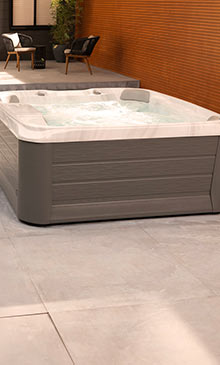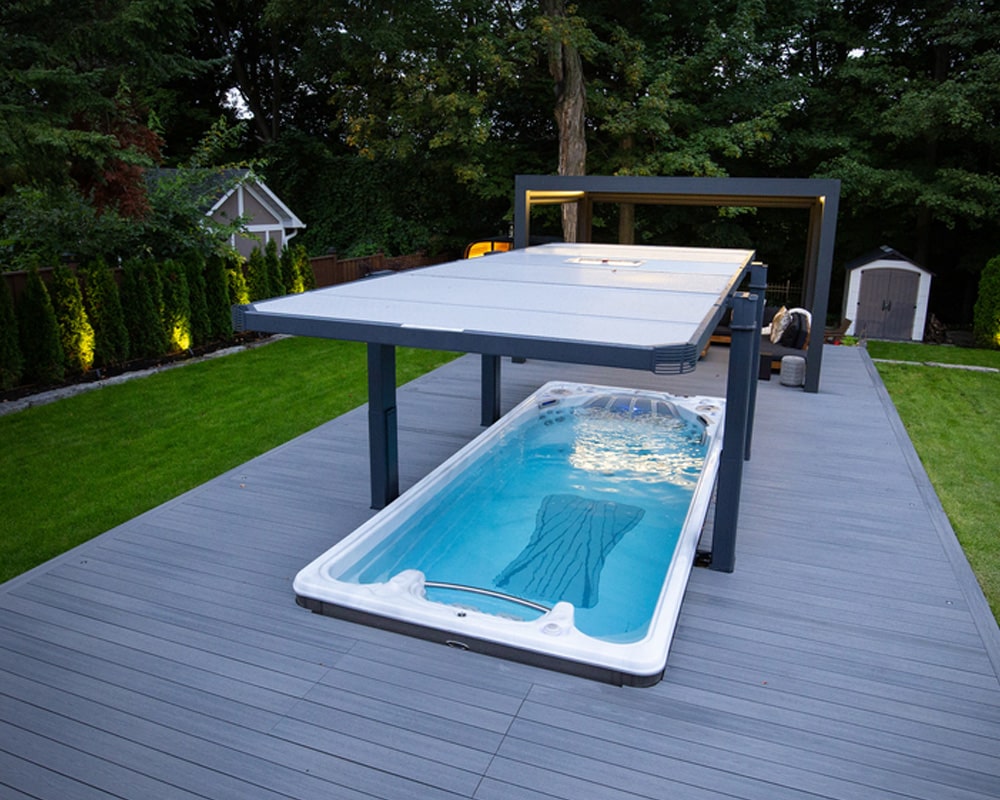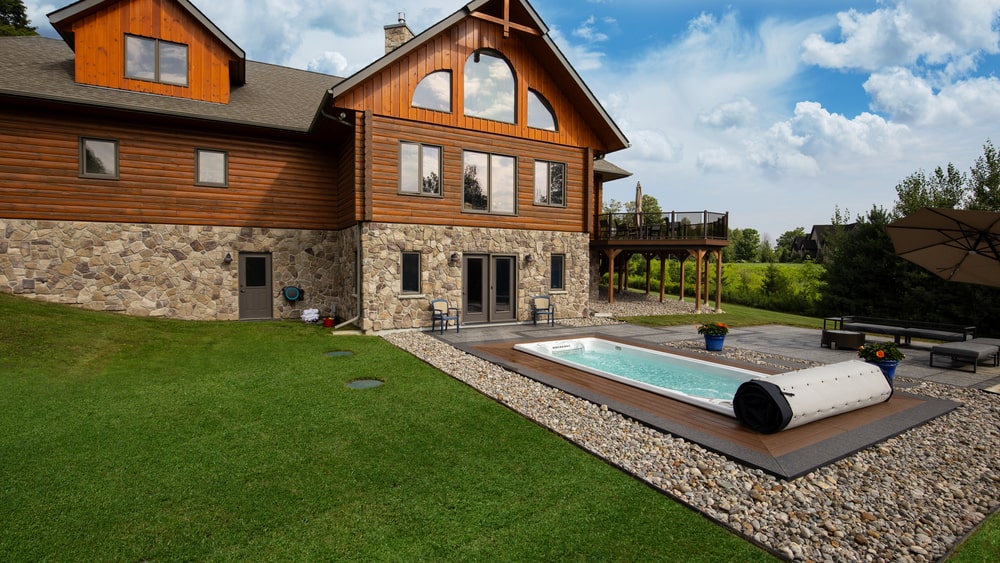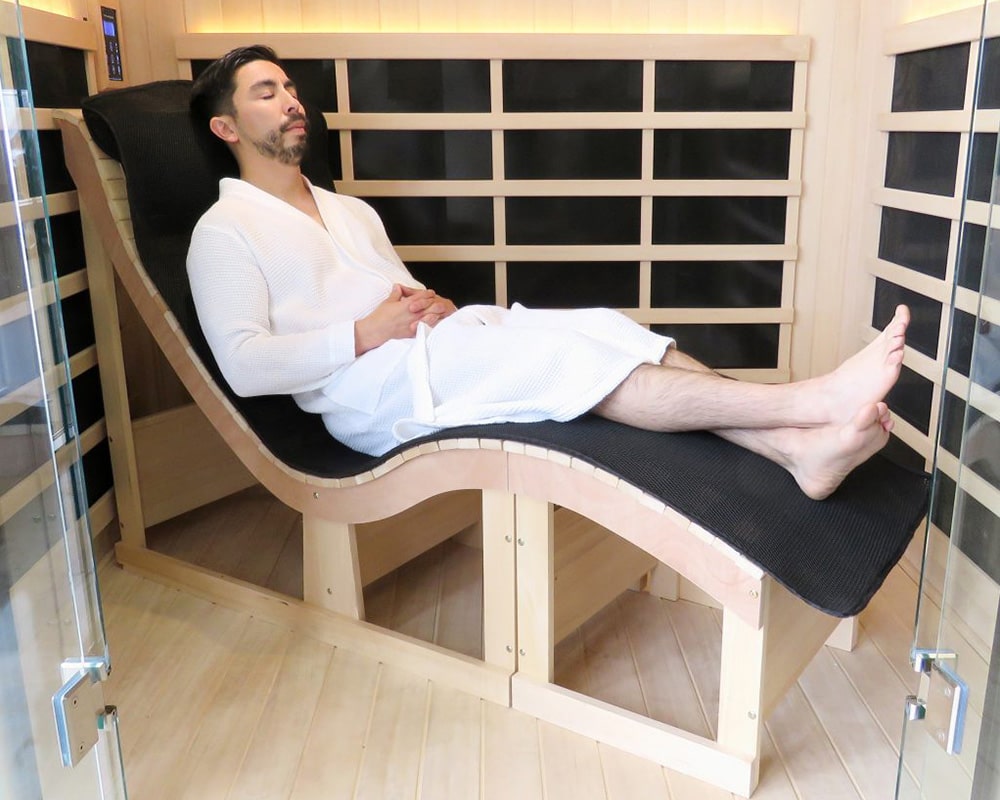If you’ve been looking for new and effective ways to ease your stress and improve your overall wellness, you’ve come to the right place! Hot tubs and saunas provide numerous health benefits and allow you to spend quality time with your family. They can also be used as a tranquil setting to unwind and meditate. If you want to invest in one but aren’t sure which is right for you, here are some factors to consider.
Differences Between Saunas and Hot Tubs
The experience of a sauna is very different from the experience of a hot tub.
Aesthetics
The most obvious difference between a hot tub and a sauna is its appearance. Saunas are small rooms constructed with wood that are designed to promote wellness through the use of dry heat. They often feature wooden benches and a heat source. They come in various sizes to fit your needs.
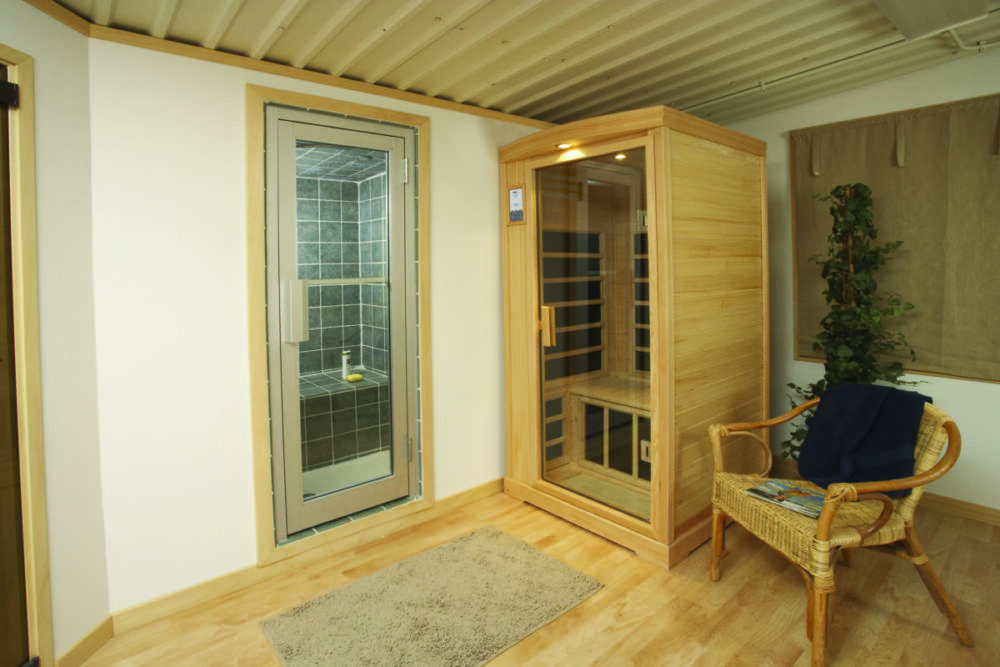
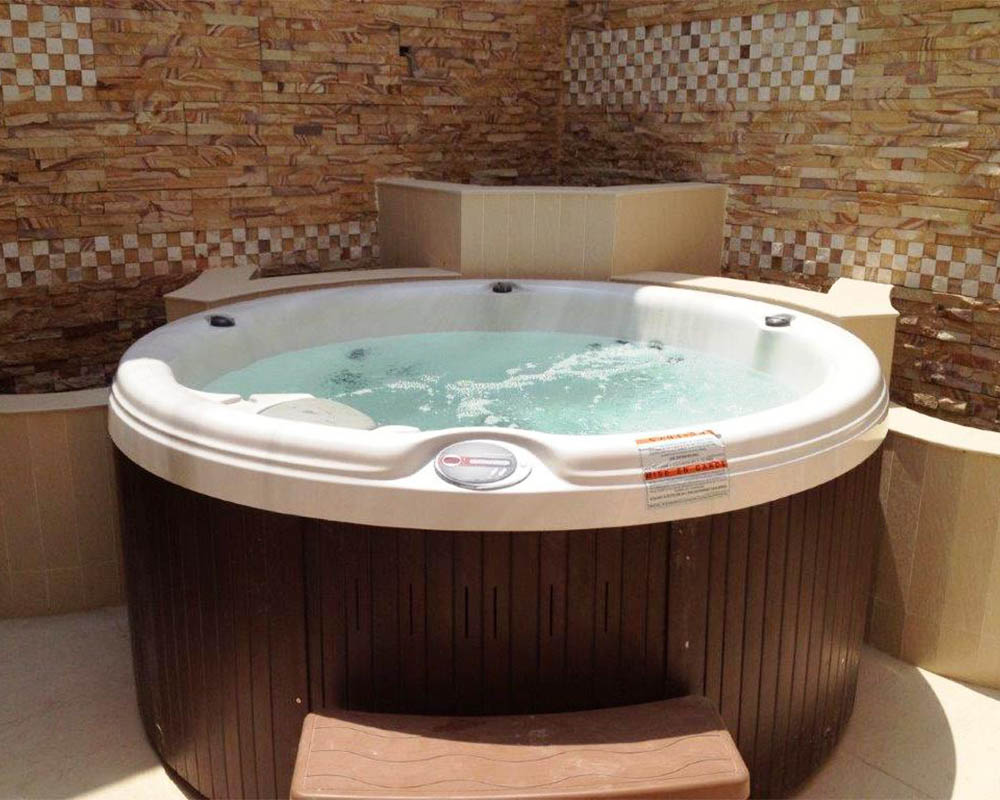
Hot tubs on the other hand are self-contained, water-filled vessels designed for relaxation and hydrotherapy. They’re typically constructed with acrylic shells, built-in seats, and jets for therapeutic massages. They come in various sizes, and their cabinets and shells can be customized to fit your style preferences.
Function
Saunas function by heating the air to high temperatures around 130°F The intense heat warms your body and causes you to sweat. This is excellent for helping flush out toxins and provides an array of health benefits including improved circulation, cellulite reduction, and improved skin health. Regular use of an infrared sauna can also aid in weight loss, ease muscle soreness, and boost the immune system. Some saunas are also equipped with red light therapy and chromotherapy for added benefits. So if you’re looking for a way to enhance your overall well-being an infrared sauna may be ideal for you.
Meanwhile, hot tubs operate by filling a well-insulated container with warm water kept at a comfortable temperature range of 100°F to 104°F. Jets and pumps circulate the water and offer massaging effects to help relieve tension, soothe muscles, and promote relaxation. Regular use of a hot tub can help improve sleep, improve cardiovascular health, and alleviate pain. Many hot tubs also come with LED lighting offering chromotherapy benefits to enhance your relaxation and mood during your soak.
Installation
While modular saunas are generally pretty quick and easy to install, most homeowners prefer custom-built saunas that are designed for their available space and provide a seamless look. While custom saunas offer a perfect fit and personalized touch, they typically involve more in regards to installation which can lead to higher costs compared to modular saunas.
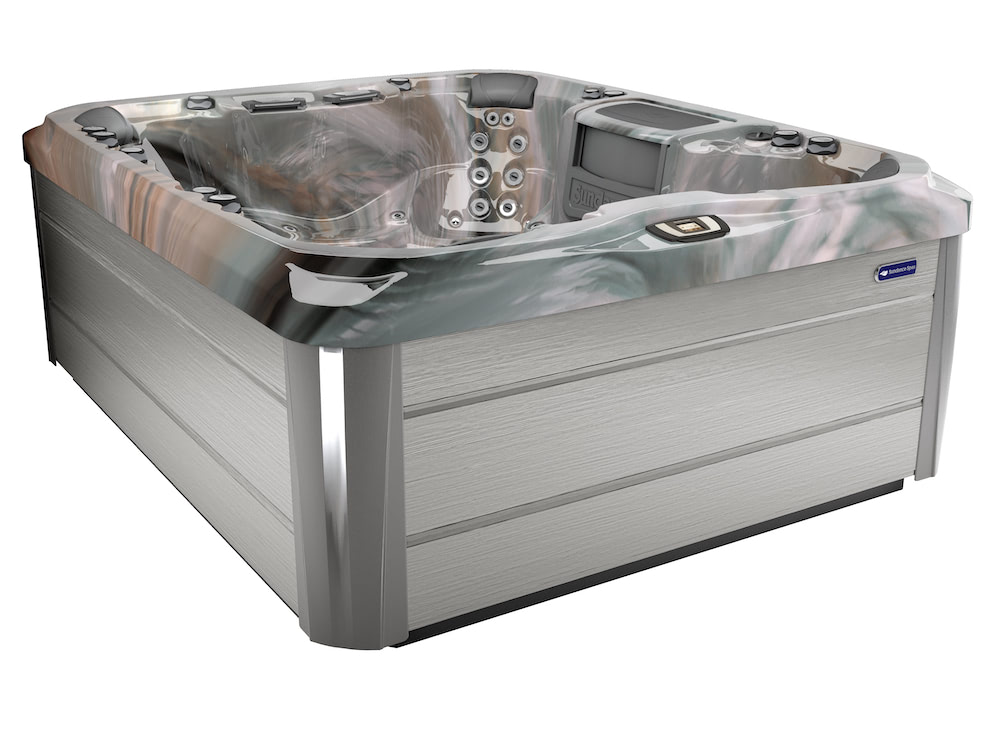
Installing a hot tub is also not too difficult. Many hot tub dealers include free delivery and placement when you buy a hot tub through them. While they don’t require plumbing, your hot tub will require electricity. If it’s a 110V model (also known as a “plug and play”), you’ll just need to plug the hot tub into a grounded outlet. If you purchase a 220V hot tub, you may need to hire an electrician to upgrade your wiring.
Maintenance
Well-constructed hot tubs when taken care of properly require little maintenance. You’ll want to test your water weekly, clean the filter once a month, and replace the filter yearly.
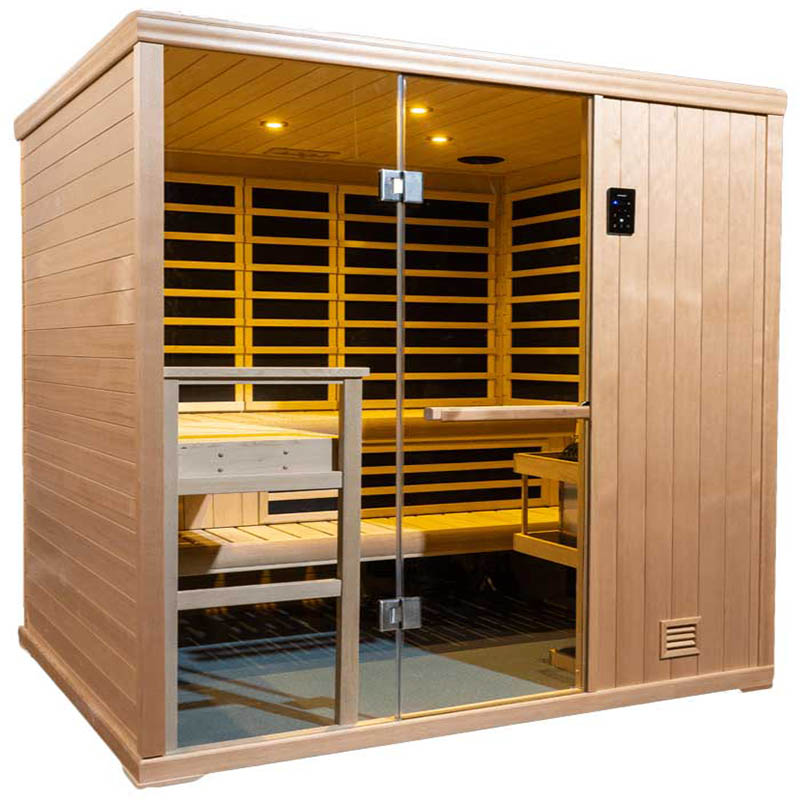
As for saunas, you can wipe it down occasionally using a moist towel, ensuring not to spray anything directly onto the heater panels. You can also use a hand vacuum to clean dust or debris.
Conclusion
As you can see saunas and hot tubs both come with their own remarkable benefits—but combined? They are the perfect duo, providing your body with everything it needs for relaxation and well-being. Ultimately, the choice is yours when it comes to picking your wellness solution.
If you’re considering buying a hot tub or sauna, Great Bay Spa & Sauna is here to help! We offer a wide selection of spas and saunas to fit any budget! Give us a call or visit our showroom today to learn more about our products. You can even try them out for yourself!
